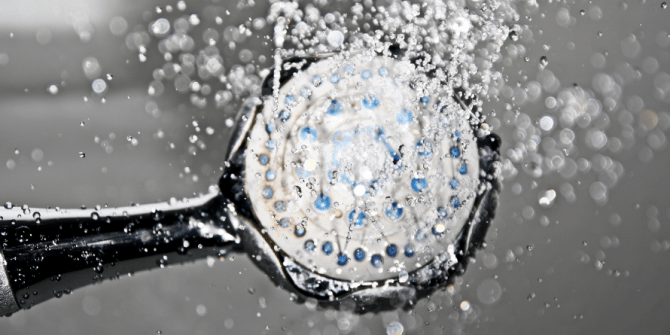
By Bethany Heerspink
Water, water everywhere! That’s what we might think living here in Michigan, the Water Wonderland, but for most of the country and even the world, fresh water is in short supply. Only 2.5 percent of all water on Earth is fresh and of that, only 1.2 percent is readily available for use. Due to this fact, we should all strive to conserve this precious resource. But water consumption in the U.S. is quite high. The average American consumes 80-100 gallons a day (about half the volume of a large refrigerator) for indoor home use. Considering this, here are some tips on how to conserve water and protect our planet:
- Go to the car wash instead of washing your car yourself. This may seem counterintuitive, but car washes tend to be more efficient, and all that dirty, polluted water from your car goes down the drain and to the wastewater treatment plant instead of the storm sewer. So, sit back, relax and watch the suds go by.
- Repair all leaks in your home. This is important for the integrity of your home, but it also ensures all water is being used and not wasted.
- Take short showers instead of baths. All of us I'm sure can agree that a hot bath can be great after a long day, but baths tend to be the least efficient way to get clean. Opt for a short shower and maybe even install a low-flow shower head.
- When washing produce, fill a basin instead of letting the water run.
- Do a full load of laundry instead of many smaller loads. And if you are in the market for a new washer, choose a water-saving model.
All these actions will help you conserve water, protect the planet and probably save a little cash. Remember that every little bit helps!
What are other ways you conserve water?
Sources:
Water Conservation Tips for Residents | Drinking Water in New England | US EPA, opens a new window
17 Water Conservation Tips and Tricks (thewaterproject.org), opens a new window
Where is Earth's Water? | U.S. Geological Survey (usgs.gov), opens a new window



Add a comment to: H2O No-Nos